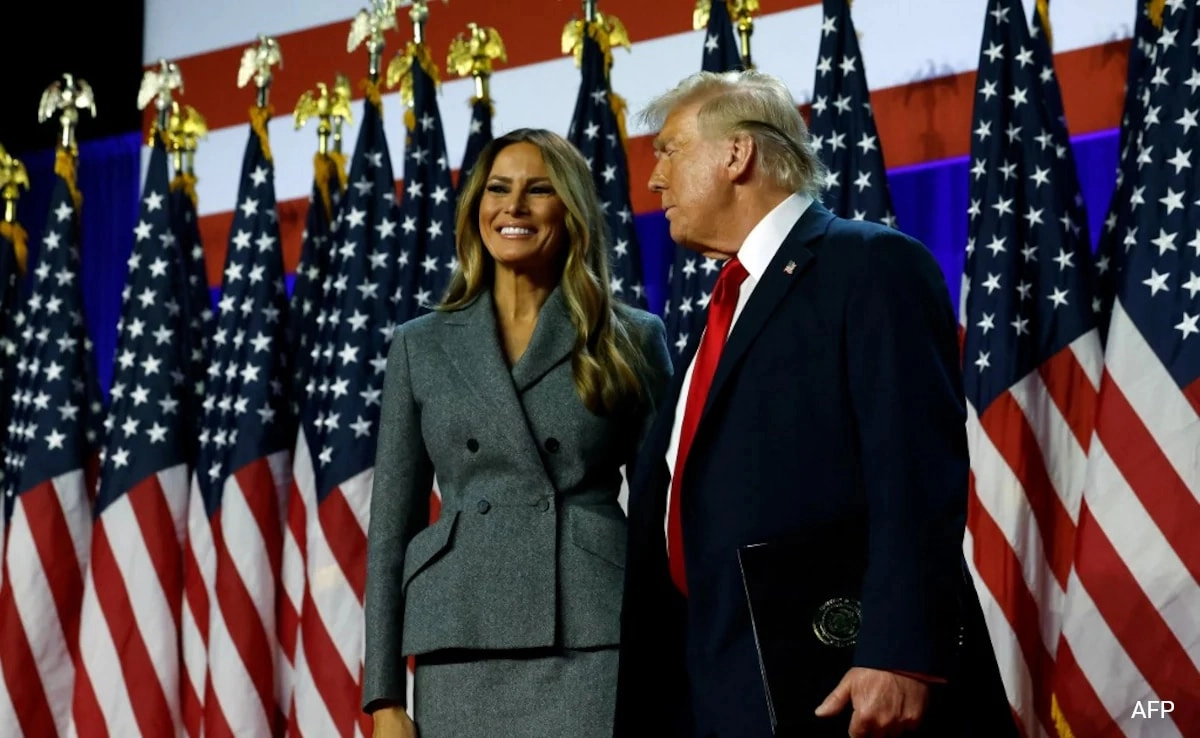In a notable ruling, a court in Chhattisgarh has mandated that a school must compensate students with Rs 25,000 each after they were served meals that had been soiled by a dog. This incident highlights significant concerns regarding food safety and hygiene standards in educational institutions, particularly in rural areas where such occurrences can have serious implications for children’s health. The court’s decision underscores the legal responsibility of schools to ensure that the food provided to students is safe and fit for consumption.
The incident came to light when parents of the affected students raised alarm over the unsanitary conditions in which the meals were being prepared and served. The presence of a dog near the food not only posed health risks but also raised questions about the overall management and oversight of the school’s food services. Following the complaint, investigations revealed several lapses in hygiene protocols, prompting the court to take action. The ruling serves not only as a form of restitution for the affected students but also as a warning to other institutions regarding the importance of maintaining strict hygiene standards.
This court ruling is part of a broader discourse on food safety in schools across India, where instances of poor food quality and hygiene have been reported. The government’s mid-day meal scheme, aimed at improving nutrition for children, has faced criticism due to such incidents. Advocates for children’s rights emphasize that schools must take proactive measures to ensure that meals are not only nutritious but also free from contamination. The court’s decision may prompt other institutions to reevaluate their food safety practices and prioritize the health and well-being of their students.
In conclusion, the Chhattisgarh court’s ruling serves as a critical reminder of the importance of food safety in educational settings. By holding the school accountable for the unsanitary conditions that led to the students being served contaminated meals, the court is reinforcing the idea that children’s health should be a top priority. It also calls for greater oversight and regulation of school meal programs to prevent similar incidents in the future, ensuring that every child receives safe and nutritious meals.




